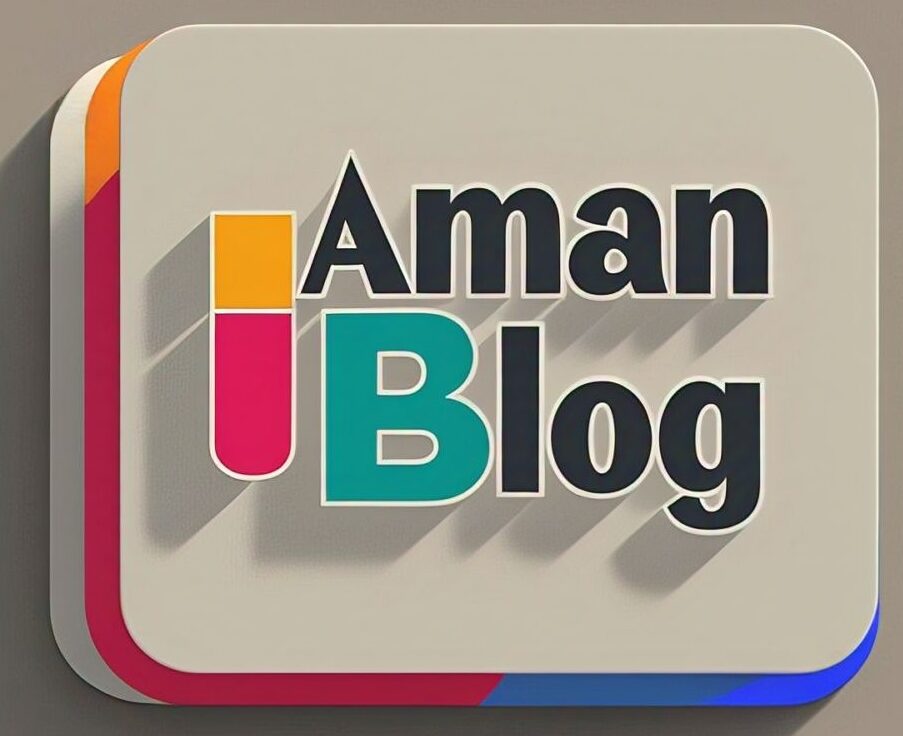🚀 What is a Software Development Methodology?
A software development methodology is a structured process used to plan, manage, and execute software projects. It defines how tasks are divided, how communication flows, and how progress is measured.
For small teams, choosing the right methodology helps:
- Improve productivity
- Maintain clear communication
- Deliver faster with fewer errors
🧩 Why Small Teams Need the Right Methodology
Small teams thrive on collaboration and agility. But without a solid method, chaos can creep in. The best methodology for a small team will:
- Reduce bottlenecks
- Encourage accountability
- Simplify project tracking
1️⃣ Agile – Flexible and Feedback-Friendly
Agile is perfect for small teams who need to move fast and adjust on the fly. It’s based on iterative development, meaning work is divided into small chunks with regular feedback loops.
🔹 Best For:
- Startups
- MVPs (Minimum Viable Products)
- Constantly evolving apps
✅ Pros:
- Quick iterations
- Emphasis on communication
- Frequent delivery of working software
❌ Cons:
- Requires team commitment
- Can lack documentation if not careful
2️⃣ Scrum – Small Team Superstar
Scrum is a subset of Agile but more structured.
🔹 Best For:
- Teams of 3–9 developers
- Projects with changing requirements
✅ Pros:
- Clear responsibilities
- Regular progress checks (daily stand-ups)
- Easy to spot blockers
❌ Cons:
- Needs consistent discipline
- Not ideal if roles aren’t clearly assigned
3️⃣ Kanban – Visual and Simple
Kanban is all about visualizing work. With a board that shows “To Do,” “In Progress,” and “Done,” teams can quickly identify bottlenecks.
🔹 Best For:
- Teams that prefer minimal process
- Maintenance projects or ongoing tasks
✅ Pros:
- Super easy to start
- Real-time workflow tracking
- No need to overhaul existing processes
❌ Cons:
- Doesn’t provide time estimates
- Less structure for large feature builds
4️⃣ Lean – Efficiency First
Lean development, inspired by Toyota’s manufacturing process, focuses on delivering value with minimal waste.
🔹 Best For:
- Budget-sensitive or bootstrapped startups
- Teams focused on continuous improvement
✅ Pros:
- Streamlined processes
- Low overhead
- Fast feedback loops
❌ Cons:
- Can be hard to apply with complex architectures
- Requires high awareness of user needs
5️⃣ Extreme Programming (XP) – Quality Above All
🔹 Best For:
- Teams focused on code quality
- Projects with critical performance requirements
✅ Pros:
- Very high code standards
- Regular customer involvement
- Prevents bugs early
❌ Cons:
- High learning curve
- Can feel rigid for creative projects
💡 Pro Tips for Implementing Methodologies
- Start small: Don’t try to implement everything at once.
- Use tools: Trello, Jira, ClickUp, and Notion help manage projects efficiently.
- Communicate daily: Whether it’s Scrum standups or Kanban updates, stay connected.
- Review regularly: After each sprint or cycle, reflect on what can improve.
📌 Conclusion
Small teams have a unique advantage: they can pivot, communicate, and deliver faster than large corporations. But the key to success lies in choosing the right software development methodology.
Whether it’s Scrum for structure, Kanban for simplicity, or Agile for speed, the right approach can boost your team’s productivity and help build amazing software.
❓ FAQs
Q1. Is it really possible to recover deleted files after emptying the Recycle Bin?
Yes, using recovery software or backup tools like File History, you can often retrieve them if the space hasn’t been overwritten.
Q2. Are free file recovery tools safe?
Most reputable tools like Recuva and EaseUS are safe. Avoid pirated or cracked versions—they may contain malware.
Q3. How much data can I recover for free?
Tools like Recuva offer unlimited recovery for free, while others like EaseUS allow up to 2 GB in the free version.
Q4. Can I recover files from an external drive or SD card?
Yes! Most recovery tools support external drives, USBs, SD cards, and even RAW partitions.
